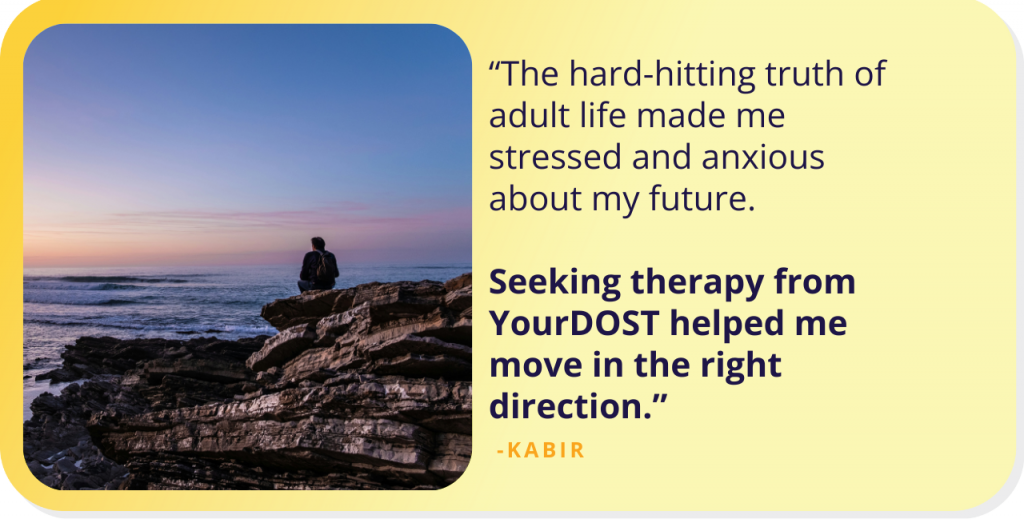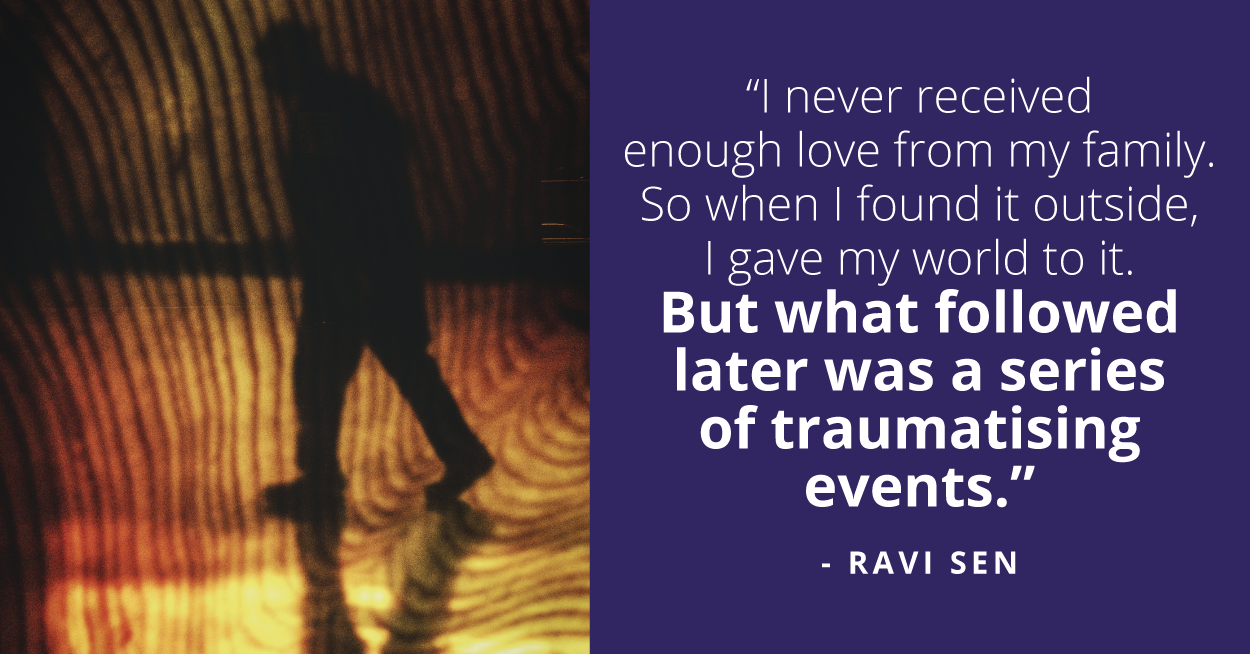What Do You Know About Alcohol Abuse
Alcohol abuse is when you know consumption seriously disrupts your personal life, social life and professional life. It means consuming alcohol in large amounts over a longer period of time. Also means that you continue to drink or consume it even though you know it might cause problems.
How To Know If It’s Alcohol Abuse Or Not?
Alcohol abuse is a pattern of drinking, if you are following or doing any of them, it is “Alcohol Abuse”.
- You may spend a great time obtaining alcohol, drinking it or recovering from its effects.
- You may fail to carry out requirements of work, school, or home responsibilities
- You may involve in risky drinking, for e.g. you may continue to drink despite the knowledge that it may affect your physical health, such as Driving.
- You may get into legal problems due to alcohol, for e.g. getting arrested for fights under the influence of alcohol, domestic disputes, drunk-driving etc.
You may start to drink to De-Stress yourself, for e.g. drinking after a long day, drinking after a clash with your boss etc. - You may notice you have started to gain tolerance towards alcohol and therefore to get the effect you consume a higher quantity.
- You may have urges, cravings to consume alcohol.
- Vomiting, nausea, headaches, irritability are also signs.
- Not remembering what you were doing while drinking.
Is There Any Difference In Alcohol Abuse And Alcohol Addiction?
Yes, not every alcohol abuser is addicted or dependent on alcohol but they are at higher risk than any other. Though alcohol addiction is one of the types of alcohol abuse. A lot of times alcohol dependence or addiction occurs from a family history or due to stressful events and sometimes it just sinks in with time.
What Are The Effects Of Alcohol Abuse?
Effects of alcohol abuse depends on for how long a person is under its influence or abusing it. Some of the side effects which are commonly seen among alcohol abusers are:
- Headaches
- Digestion problems
- High blood pressure
- Temporary or permanent damage to liver, brain, kidney or nervous system
- Concentration issues
- Loss of job or expulsion from school/colleges
- Financial issues
- Relationship and family issues
- Isolation
- Accidents
- Increase risk to commit crime
Is There Any Way To Come Out Of Alcohol Abuse?
If you think its alcohol abuse, and you made your mind to change, then think on the ideas of how you can carry out your goals, for example:
- Make short-term goals, and not long-term goals. Say it a loud I won’t drink today or will drink only this much of quantity.
- Make sure you remove alcohol or any other drinking reminder or keep them out of your reach.
- When you get an urge to drink, go and talk to someone about it. Tell how you are feeling, what are the thoughts etc.
- Indulge in activities when you get the urge like-listen to music, go for a jog or walk etc.
- Remind yourself of reasons for not drinking.
How Much Drinking Is Too Much?
This question is unfortunately very difficult to answer as the tolerance of each drinker differs from the other, also the strength and the size of your drink varies, but on an average if;
A male is consuming more than 4 drinks at one time or more than 14 drinks in a week is considered to be drinking too much. While, a woman who has more than 3 drinks at one time or more than 7 drinks a week can be considered to be drinking too much.
Reference
Smith, M., Robinson, L., & Segal, J. (2015). Alcohol abuse treatment and self help. Retrieved from HelpGuide.Org: http://www.helpguide.org/articles/addiction/alcohol-addiction-treatment-and-self-help.htm
Substance Abuse and Addiction Health Center. (2014). Retrieved from WebMD: http://www.webmd.com/mental-health/addiction/alcohol-abuse-and-dependence-topic-overview?page=3






